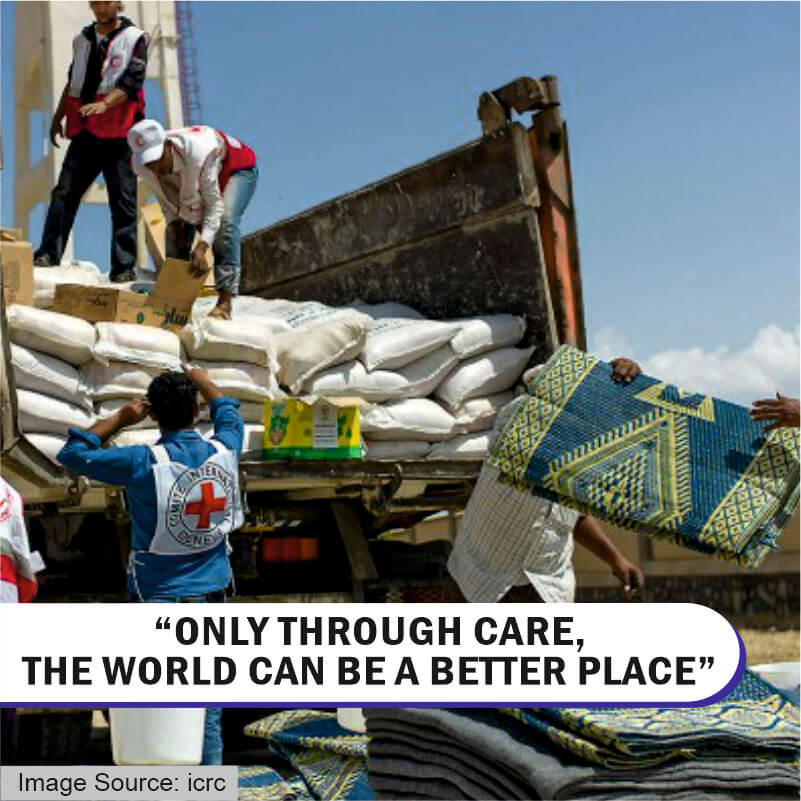What is Humanitarian Aid?
Humanitarian Aid is to provide immediate material and logistical assistance to people who need help. It is usually short-term assistance until some solid help by the government and other institutions replaces it. Among the people in need are the homeless, refugees, and victims of natural disasters, wars, and famines. Humanitarian relief efforts are provided for charitable purposes and include natural disasters like earthquakes, floods, hurricanes, and storms, as well as man-made disasters like forest fires, oil spills, chemical or bio-hazardous accidents.
To provide humanitarian aid or relief can be to provide food, water, medical supplies, tents, and other things required by those affected by everything from typhoons to civil wars. Also known as "emergency aid", it is different from "development aid", which aims at long-term economic improvement. The primary objective of humanitarian aid agencies is to save lives, relieve misery, and maintain human dignity.
The world is hit by the COVID-19 pandemic, which is one of the gravest disasters being witnessed by humanity. During these times, there are millions of people, across the globe, who are in need of help, either monetarily or in terms of food and shelter. Non-profit organizations, governments, and individuals all over the world are coming together to help the ones in dire need. In December 2020 , the UN officials said that the COVID-19 pandemic has pushed the number of people needing humanitarian assistance up by 40% from last year, a record high.
Aid is funded by donations from individuals, corporations, governments, and other charitable organizations. The humanitarian funding and the delivery of humanitarian aid are increasing internationally, making it much faster, more responsive, and more effective in coping with major emergencies affecting large numbers of people. Nearly all Western nations, as well as developing ones such as China, India, and Brazil, contribute to funds for humanitarian aid to other governments and aid agencies. The United States is the world’s leading donor.
With the second wave hitting India hard in 2021, its dangerous implications are being felt by the whole country, and thousands of people are losing their lives daily. After supplying Hydroxychloroquine, Remdesivir, and COVID-19 vaccines to the rest of the world for the past year, the Indian government had last month sought assistance from other nations to tackle the second wave of the pandemic. India's allies that have provided us with medical equipment are the USA, UK, Russia, Canada, France, Germany, and Spain among others.
Importance of Humanitarian Aid
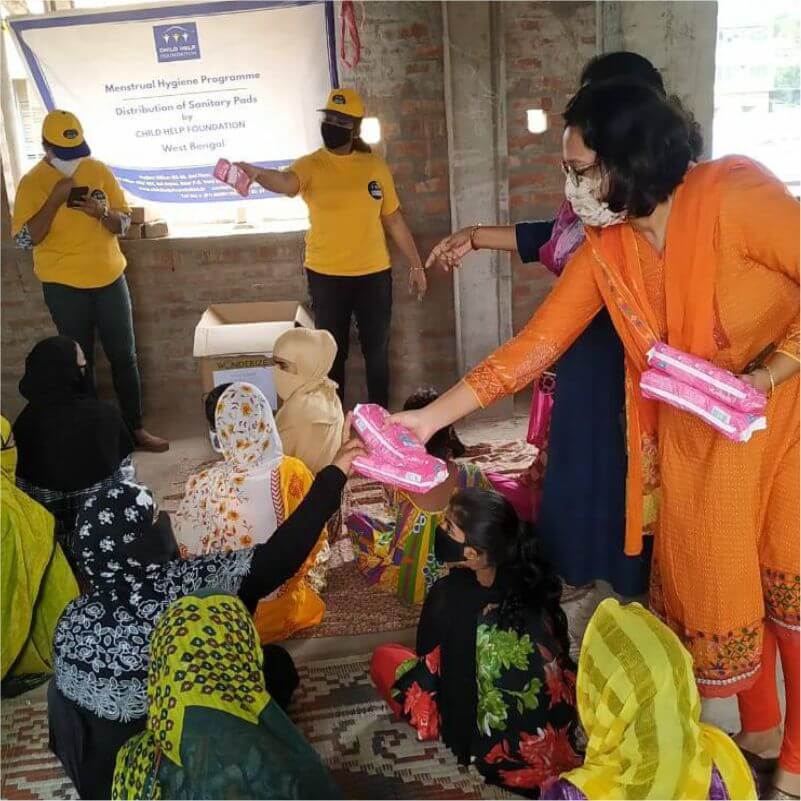
Amid a crisis — when the most helpless populations lack access to basic needs such as food, shelter, and health care, it is humanitarian support that brings relief to them in times of need. Help is provided to save human lives, soothing human suffering, and maintaining human dignity. Emergency aid provides relief and comfort to victims who are unable to deal on their own during emergency times – food, medical aid, shelter, etc.
Hence, proper training is required for umanitarian aid organizations to ensure that they are well-equipped to navigate the many challenges that come their way. These challenges can have life-or-death consequences for both the most vulnerable communities and the humanitarian aid workers themselves.
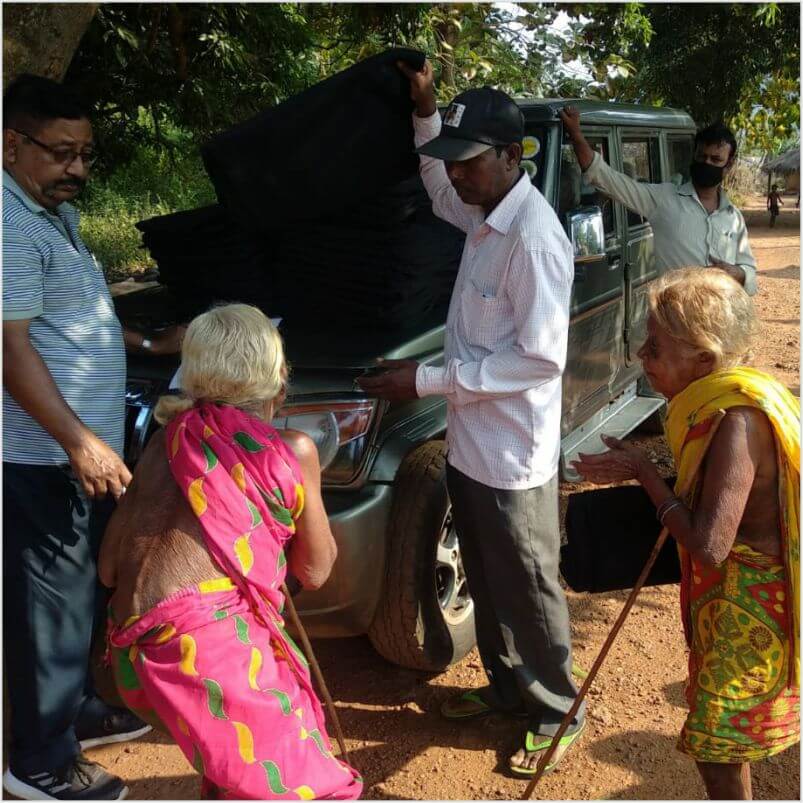
Depending on the situation, an emergency can be simple or complex in nature. The longer a disaster lasts, the more complex it gets. The kind of aid to be provided to the people stuck in these different situations changes depending on the nature of the situation itself. For example, the victims of an earthquake would need a different kind of assistance as compared to the victims of an epidemic like a viral outbreak.
The sole purpose of humanitarian activities and assistance is the relief and prevention of suffering caused by a crisis. This means the response must not be influenced by political, economic, or military objectives. The most important principle behind humanitarian aid is the idea that each individual deserves to live with dignity.
UN's SDG Goals 11, 13, 17
One of the objectives of the United Nations (UN), as stated in its Charter, is "To achieve international cooperation in solving international problems of an economic, social, cultural, or humanitarian character." Some top humanitarian organizations with primary responsibility for delivering humanitarian aid are The United Nations Development Programme (UNDP), the United Nations Refugee Agency (UNHCR), the United Nations Children's Fund (UNICEF), and the World Food Programme (WFP). They have primary roles in the delivery of relief assistance. The World Health Organization (WHO) coordinates the response to humanitarian health emergencies.
The Sustainable Development Goals (SDGs) set by the UN are a collection of 17 interlinked global goals designed to be a "blueprint to achieve a better and more sustainable future for all". The SDGs were set up in 2015 by the United Nations General Assembly and are intended to be achieved by the year 2030. Among these, SDG 11 talks about making cities sustainable by creating career and business opportunities, safe and affordable housing, and building resilient societies and economies. SDG 13 intends to take measures against Climate Change by taking efforts to integrate disaster risk measures, sustainable natural resource management, and human security into national development strategies. SDG 17 aims at dealing with humanitarian crises with strong global partnerships and cooperation.
What does CHF do?
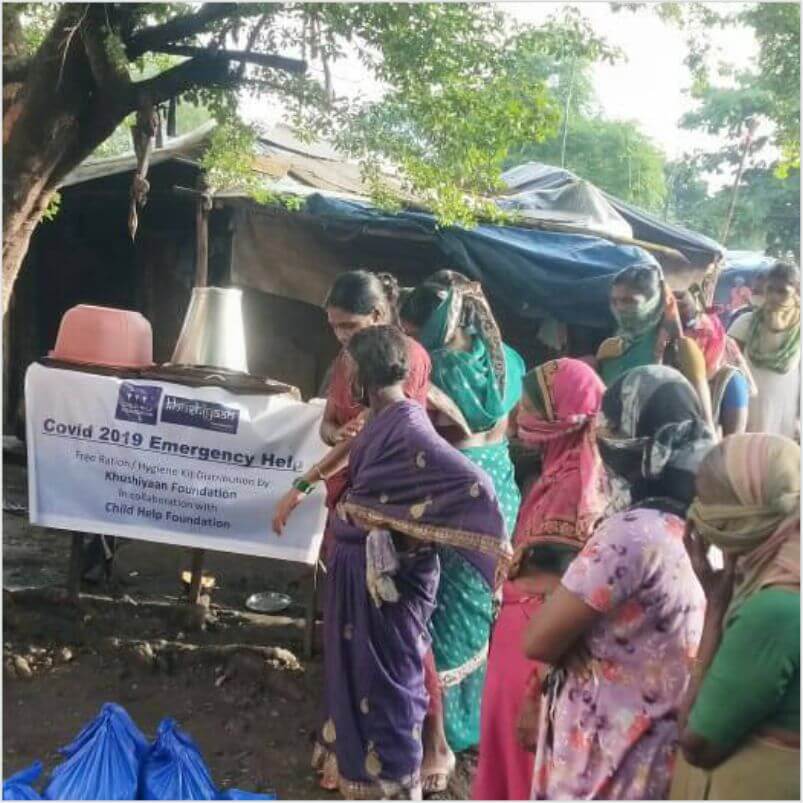
The aim of the UN’s 17 Sustainable Development Goals (SDGs) is to create a world where no one is left behind and everyone can live with dignity and opportunity. To fulfill this collective global promise, Child Help Foundation works towards making society a better place by uplifting the underprivileged through its various programs. These programs are initiatives that focus at the grassroots level.
By 2030, we aim to put a special focus on meeting the needs of people who have lost so much because of unfortunate disasters, either natural or man-made.
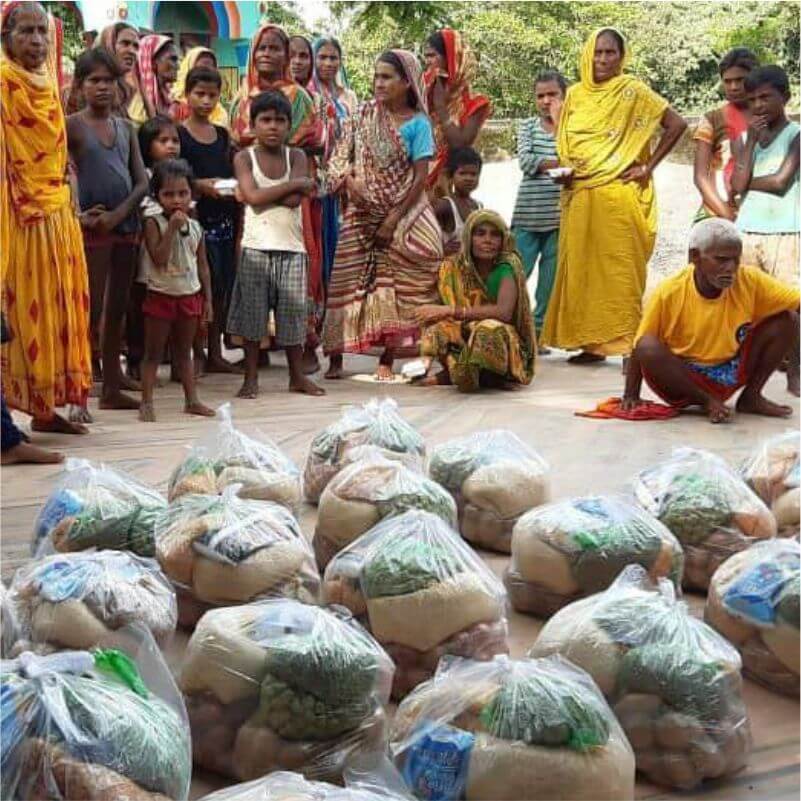
Even before the COVID-19 entered India, CHF had started to spread awareness regarding the mayhem it was about to bring to the public. We were at the forefront, distributing masks, PPE kits, hand sanitizers, and other sanitary materials among the frontline workers.
Throughout the Pandemic, CHF conducted various awareness drives, asking people to sanitize regularly and to wear masks. People from the Below Poverty Line (BPL) were given ration kits containing everyday essentials such as puffed rice, sattu, suji, sugar, biscuits, dal, onions, mustard oil, soybeans, salt, eggs, and soaps.
In Odisha, during the winters in 2020, the temperatures were recorded below 15 degrees celsius, causing around 3,000 deaths. CHF team arranged and distributed sarees, blankets, biscuits, dolls, and winter clothes amongst them. This brought about hope in the people who were in dire need of resources. CHF reached out to 439 people from the communities of Odisha who were in utmost need of help.
In Assam, the flooding of the Brahmaputra, in May 2020, caused mayhem among the villagers, affecting 30,000 people and destroying crops across 5 districts. The CHF Team in Assam helped the most vulnerable families by extending their resources efficiently. Most of the people who reached out to us were street-dwellers. They were provided with flood relief materials and sanitary pads were distributed among all the female beneficiaries.
In the year 2021, with the second wave creating immense pressure on the healthcare sector of the country, CHF launched the "Breathe India" campaign. Under this, CHF, in partnership with Ketto, came forward to facilitate oxygen cylinders and concentrators to help with the unequal supply-demand ratio in the country.
Millions of people in the country are in distress, trying to cope with the situations brought about by the pandemic. This is the time to come together as one- to find solutions at the grassroots level, to contribute in little ways, and to make sure that help is actually reaching the needy. Come forward and help us make a difference because together, as one, we can get through this.
